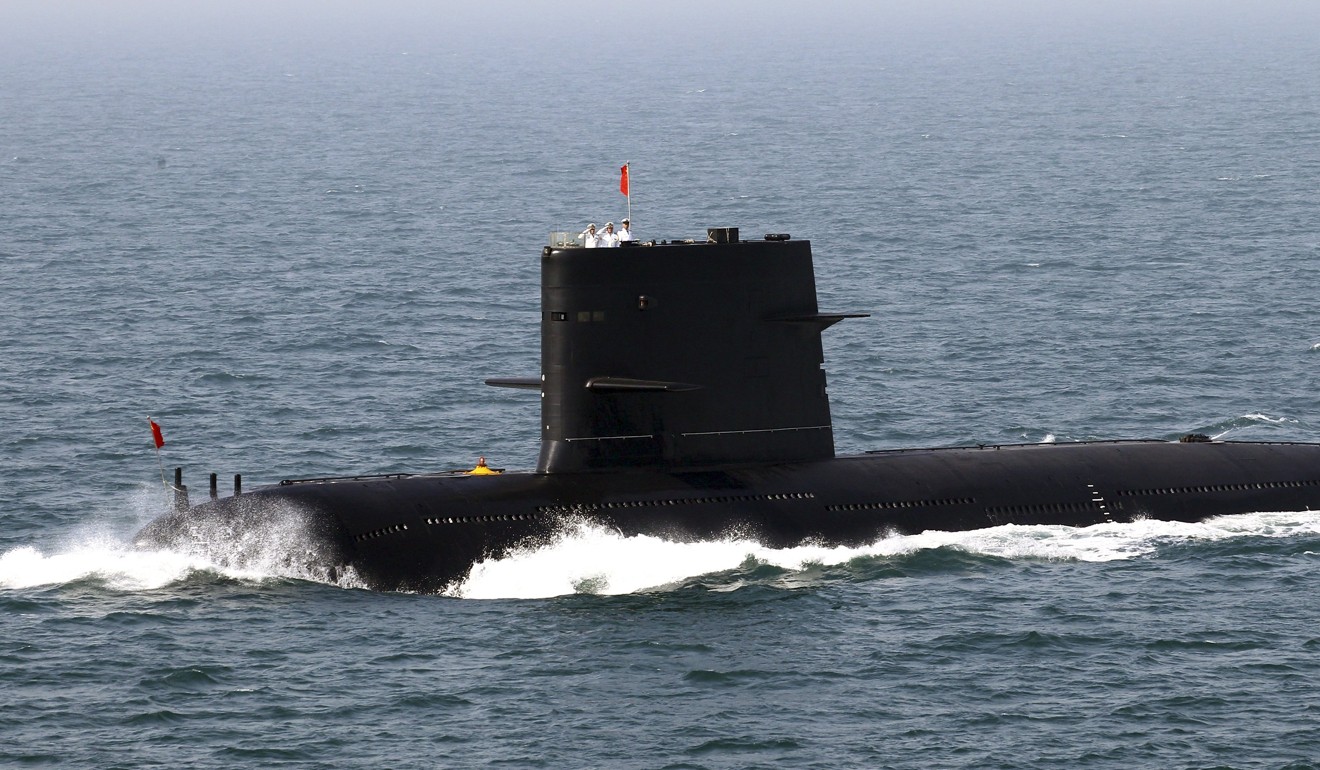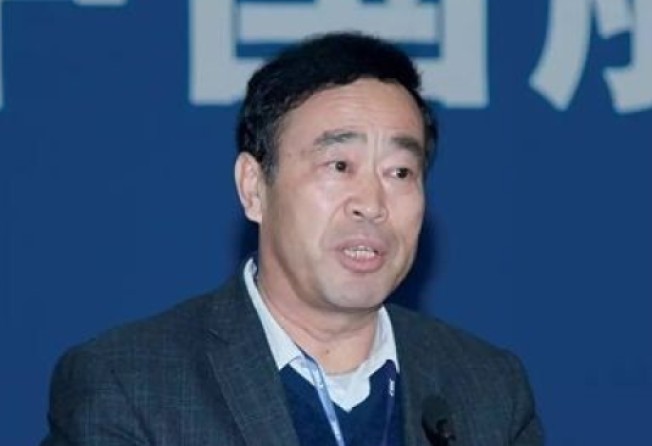
Chinese scientist Bu Jianjie under investigation for ‘illegally’ obtaining Canadian citizenship
- Bu Jianjie has been kicked out of the Communist Party, according to graft-buster
- Former chief of China Shipbuilding Industry Corp research institute also accused of business malpractice, embezzlement and taking bribes

Chinese authorities on Monday said a submarine scientist had been expelled from the Communist Party and placed under investigation for “illegally” obtaining Canadian citizenship and other misconduct.
Bu Jianjie, the former director of China Shipbuilding Industry Corp’s 718 Research Institute, is facing a criminal investigation on multiple charges, the party’s graft-buster said.
“Bu Jianjie violated organisational discipline, obtained Canadian citizenship in violation of regulations and failed to report personal matters,” according to a statement from the Central Commission for Discipline Inspection.
The scientist in Handan, Hebei province, also was accused of business malpractice, embezzling an unspecified sum and taking bribes, the statement said, without giving further details.
The party’s discipline watchdog said Bu had “inflated greed” and had “lost all of his principles”.
China’s foreign ministry said it could not immediately comment on the matter. Calls to the Canadian embassy in Beijing went unanswered.

Bu worked on fuelling systems for the air-independent propulsion technology that allows a conventional submarine to stay under water for long periods and produce less noise than nuclear-powered subs, according to his published research papers.
Submarines using AIP technology have been able to avoid detection by some of the most advanced American aircraft carriers in international navy exercises.
Bu spent time in Canada in 1996 as a visiting scholar at the University of Western Ontario and Queen’s University, according to a report in the official Hebei Worker’s Daily newspaper.
When he returned, he told Chinese authorities he had turned down an opportunity to stay in Canada, the 2006 report said.
The 718 Research Institute in northern China makes hydrogen for fuel cells, the powerful batteries that can keep a submarine submerged for weeks. It also makes other types of high-energy fuels such as lithium sulphur hexafluoride, which can be used to power torpedoes or unmanned underwater vehicles.
Under Bu’s leadership, the institute became one of the world’s largest suppliers of the sensitive chemicals and other products used in submarine drive systems, and the scientist was recognised for his contribution to China’s military build-up, according to the report.
Born into a farming family in Tang county, Hebei, Bu sat the national college entrance exam after the Cultural Revolution and went on to study at Harbin Engineering University, an important centre for the development of submarine technology.
A lawyer familiar with China’s citizenship law said the CCDI statement suggested Bu had attempted to obtain Canadian citizenship while holding on to his Chinese passport.
“Chinese law allows just one citizenship and it sounds like Bu didn’t give up his Chinese passport. But I don’t think China would hand him over to Canada,” said the Guangzhou-based lawyer who asked not to be named, citing the issue’s sensitivity.
Beijing-Ottawa relations have been tense since the December 1 arrest in Canada of Huawei Technologies Chief Financial Officer Sabrina Meng Wanzhou, at the request of the United States.
Two Canadian citizens have since been detained in China and a third was given “administrative punishment” for working illegally in the country.
But there is no evidence so far that Bu’s case is linked to the diplomatic feud between the two countries.